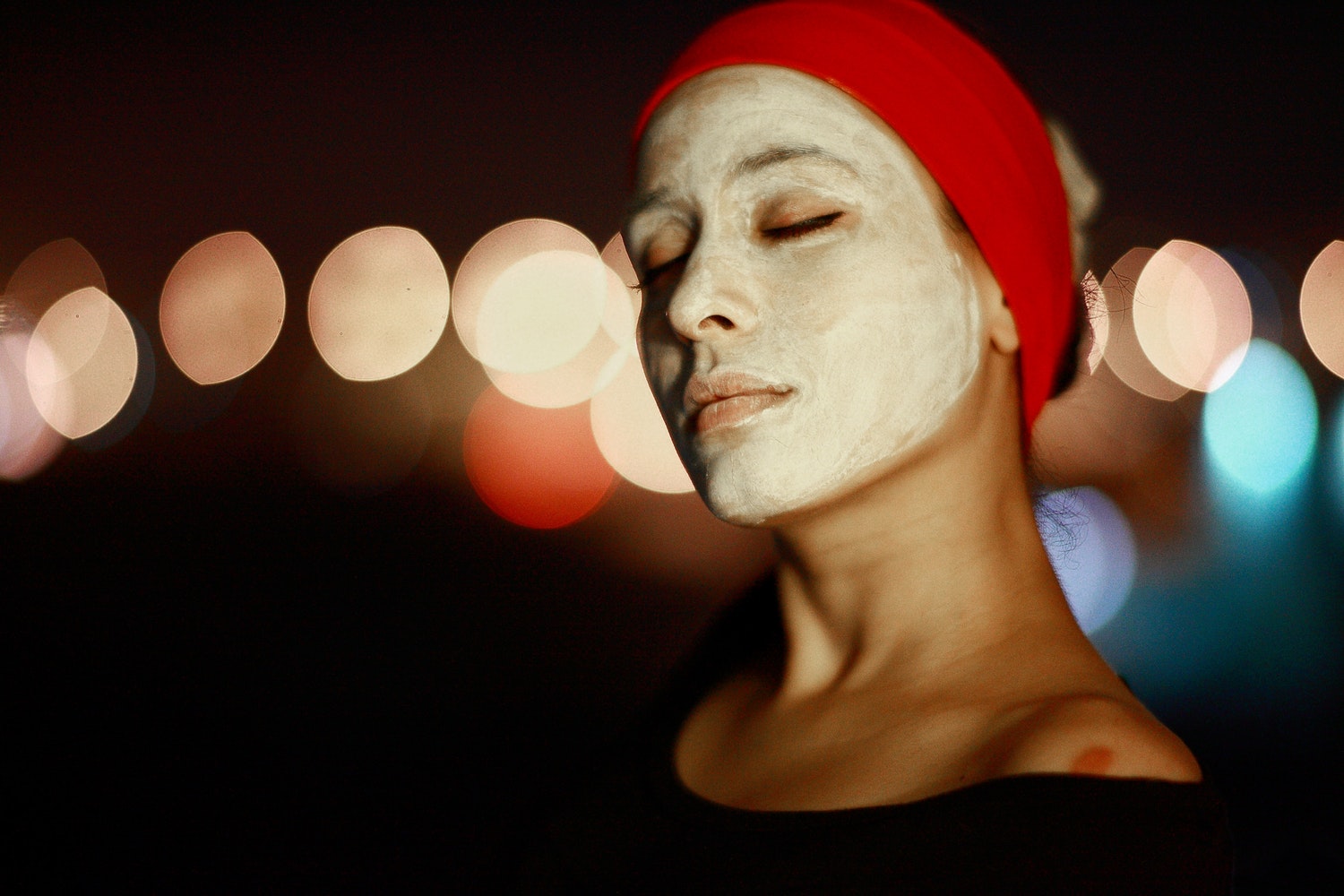If you’ve used Instagram recently, you’ve certainly seen photos of people applying face masks with the hashtag “self-care” under the image, but face masks aren’t just about luxury. No, when we talk about self-care, we’re actually talking about practices that exist at the nexus between physical and mental health. As far as masks are concerned, then, we’re talking about a combination of psychological care and stress management – the act of taking time to pamper one’s self, and actively taking care of our skin. And if you’re the sort of person who leads a high-stress life, this little action can make a big difference.
Next time you reach for a skin mask under the guise of self-care, make sure it contains ingredients that address your stress. It’s a surefire way to feel better and put your best face forward each day.
Skip The Sheet Mask
Whatever ingredients you’re focused on when selecting a face mask, the majority of experts recommend skipping them if they’re in sheet mask form. Instead, opt for a clay or peel-style mask, as sheet masks are more likely to cause clogged pores. Yes, they’re easy to find in stores, but you’ll be browsing the skincare aisles again soon enough in an attempt to clear up this new complaint.
Fight Inflammation
Inflammation is one of the most common issues we see in those with stressed out skin. In some people this looks like acne, but in others, stress inflammation can manifest as rosacea, hives, eczema, or psoriasis, among other complaints. To address these symptoms, look for masks that contain calming ingredients like chamomile, tea tree oil, kaolin, or arnica. Hydrating basics like oatmeal can also be beneficial.
Frequency Matters
When you’re breaking out or looking blotchy, it can be tempting to slather on a mask every night in hopes it will improve your skin’s appearance, but that’s not always a good idea. In order for a mask’s ingredients to be effective, they need to be used with the appropriate frequency, as well as at the right time of day. Generally you should apply face masks no more than one to two times per week, or they can do more harm than good to your skin health. It’s also important to note that most face masks should be used as part of your nighttime skin routine, whether they’re meant to be washed off or left on all night.
One of the major concerns in terms of overusing skin masks is that they can over-dry skin or make it oily, depending on the ingredients. Under high levels of stress, for example, a lot of people experience oily skin because cortisol signals your glands to release oil; this, in turn, can make acne worse. In response, you might use a clay-based glycolic acid mask or a product rich in zinc or jojoba, ingredients that can turn off that signal. Using these products too often, though, can leave your skin dry, flaky, and inflamed – moderation is key.
Be Gentle
Even if your skin complaints feel like the end of the world, or at the very least make you feel as though you look less than professional, it’s important to be gentle with your skin when choosing products. You don’t want to firebomb your skin to get rid of your pimples. Instead, look for a mask containing balancing ingredients like probiotics, avocado oil, or topical sulfur. Your goal should be to soothe immediate issues and restore your skin to a state where it can essentially keep itself in check.
Make Mindful Decisions
An occasional skin mask can help improve your skin’s appearance, but ultimately if you want your skin to look great, you need to be mindful about the kinds of stress your expose yourself to. Whether it’s long client phone calls, too much sun, or not getting enough sleep, eliminating external stressors is at least as important to improved skin health as any product.


